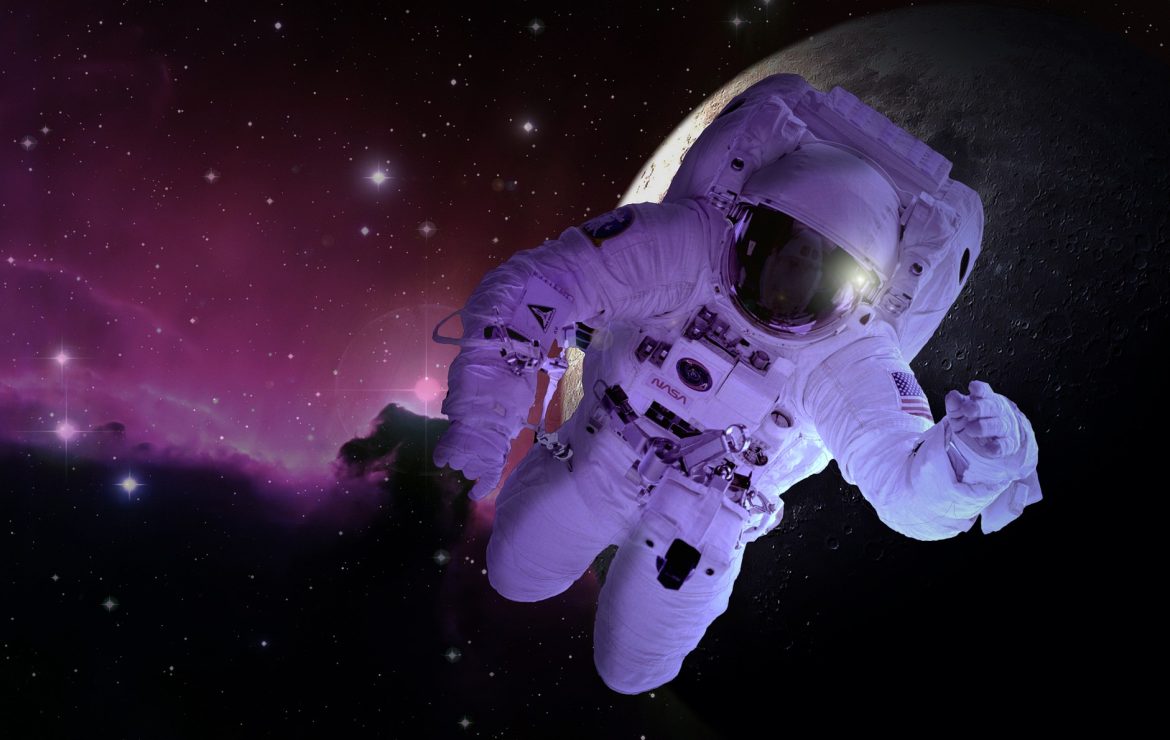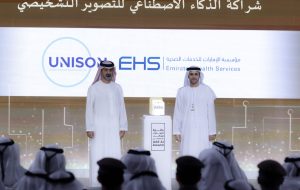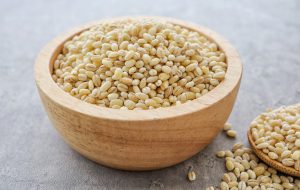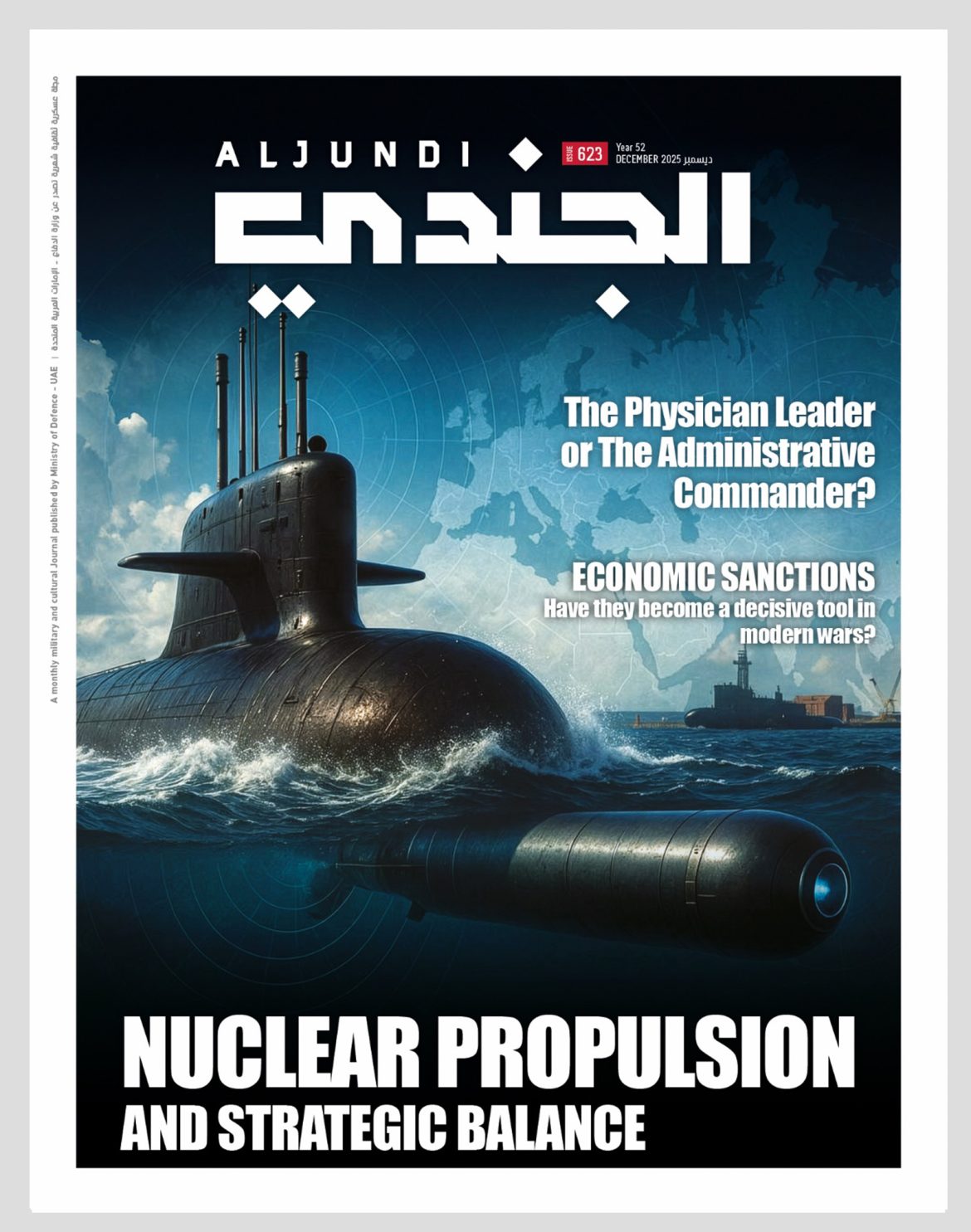New research has revealed that space travel may accelerate the ageing of blood-forming stem cells, which are crucial for maintaining healthy blood production and immune system function.
The study, funded by NASA, analysed stem cell samples transported aboard four SpaceX resupply missions to the International Space Station between December 2021 and March 2023. Each mission lasted between 30 and 45 days. Samples taken from bone marrow donors were compared with identical samples kept on Earth.
Accelerated Cellular Ageing
Scientists found that the stem cells sent into space lost some of their ability to generate healthy new cells, showed increased DNA damage, and exhibited faster ageing in the protective ends of chromosomes known as telomeres. These telomeres carry genetic information and are essential for maintaining cell stability.
Researchers attributed these changes to the unique conditions of spaceflight, including microgravity and higher exposure to cosmic radiation.
Blood-forming stem and progenitor cells, the focus of the study, are responsible for producing all blood cells in the bone marrow — including red blood cells that transport oxygen, white blood cells that fight infection, and platelets that enable clotting. Dysfunction in these cells can weaken tissue repair, reduce the immune system’s ability to detect cancer, impair infection control, and shorten lifespan.
Cellular Stress and Inflammation
The team observed that stem cells became hyperactive during space missions, depleting their reserves and diminishing their ability to rest and recover — a key property that normally allows stem cells to regenerate over time. Signs of inflammation and stress were also detected in the mitochondria, the cell’s energy producers. In addition, hidden sections of the genome, typically kept inactive for stability, were activated under these stressful conditions.
Interestingly, responses varied among donors, suggesting that some individuals’ stem cells are more resilient to ageing effects than others.
Radiation and Microgravity Risks
Unlike on Earth, where the atmosphere and magnetic field protect against cosmic rays, astronauts are exposed to high-energy radiation in space. This exposure can damage DNA and increase the risk of cancer, neurodegenerative disorders, cardiovascular disease, and immune dysfunction. Microgravity itself can further contribute to health issues such as bone density loss and muscle atrophy.
Protecting Astronauts in Long Missions
Dr. Catriona Jamieson, professor at UC San Diego School of Medicine and director of the Sanford Stem Cell Institute, who led the study, explained that the regenerative capacity of blood-forming stem cells declined in space, though with variation between donors. This suggests that some individuals’ stem cells activate protective anti-ageing mechanisms more effectively than others.
Jamieson emphasised that understanding these changes could help researchers develop strategies to protect astronauts during long-duration space missions. “We have identified key features of human stem cell resilience that can potentially be enhanced before, during, and after spaceflight,” she said. Researchers are continuing to investigate these findings as part of a SpaceX resupply mission launched in August 2025.














